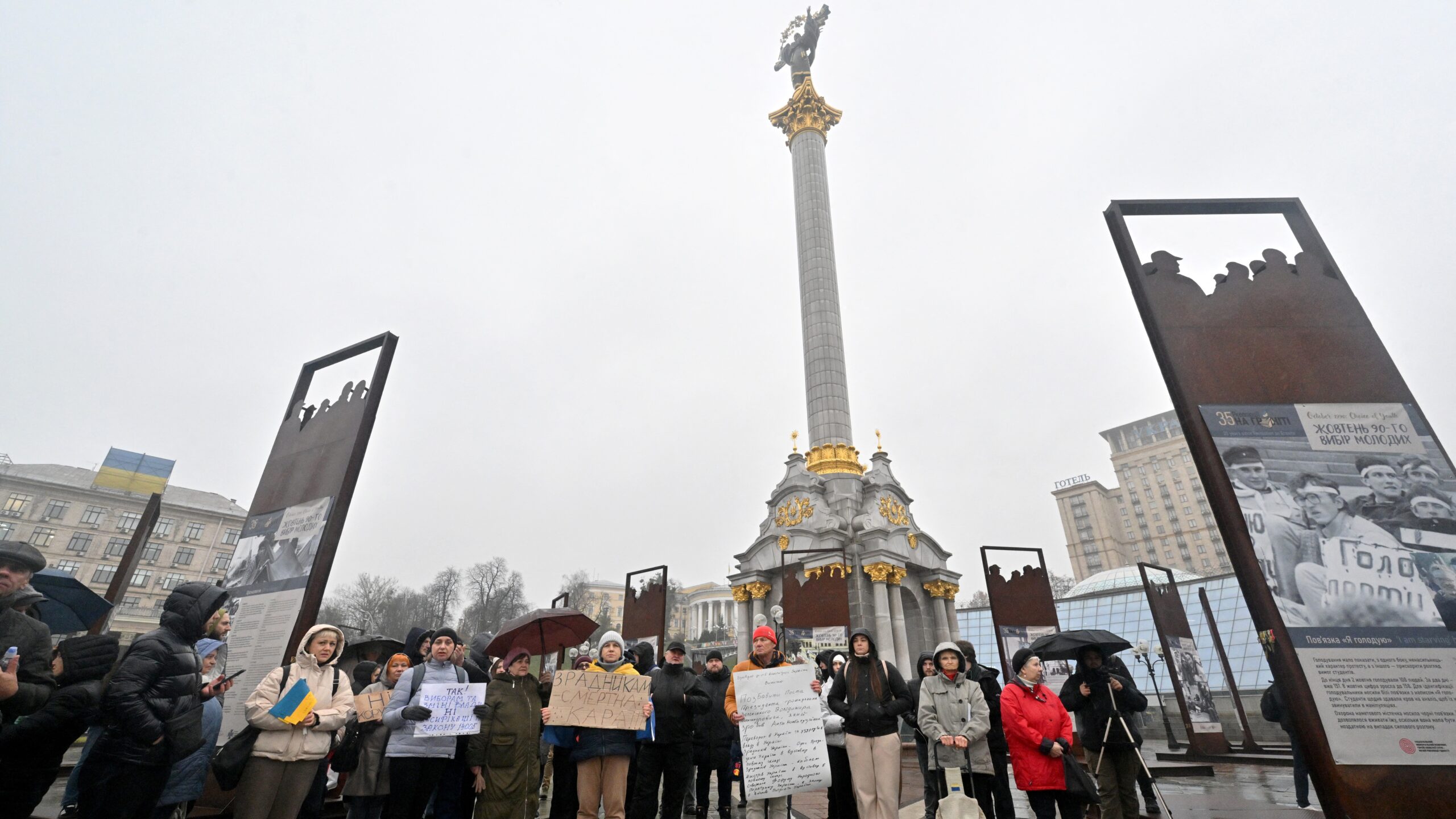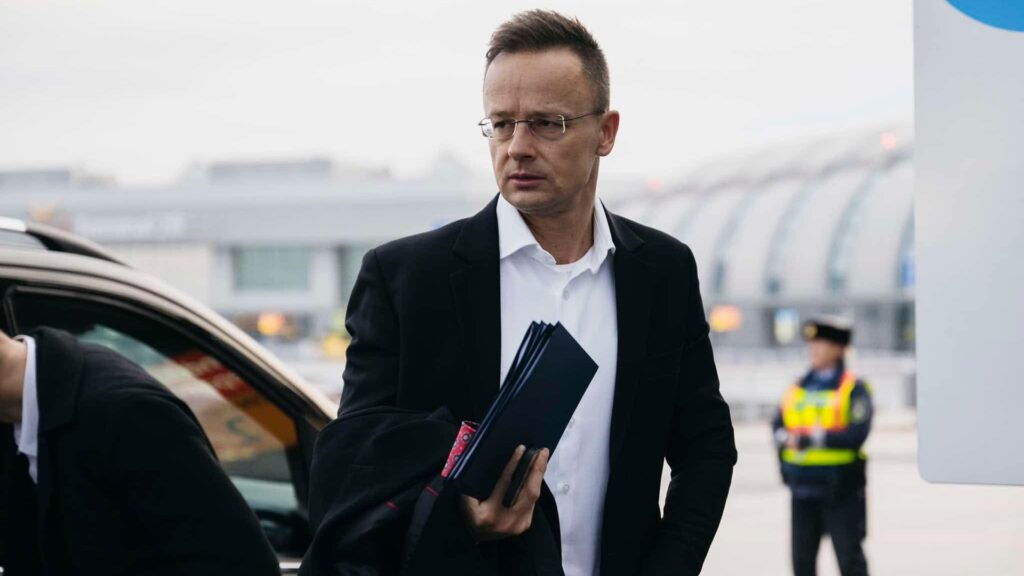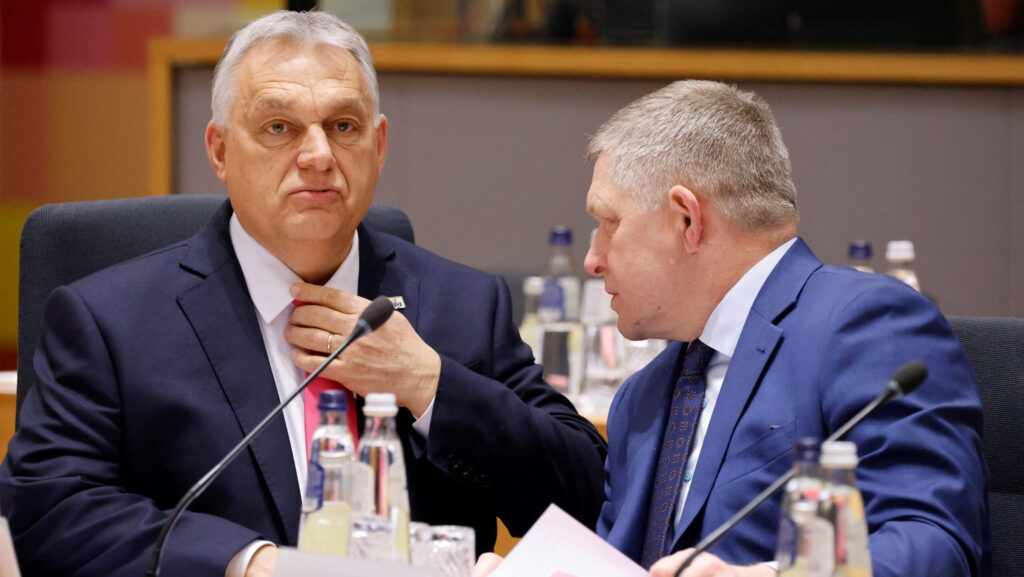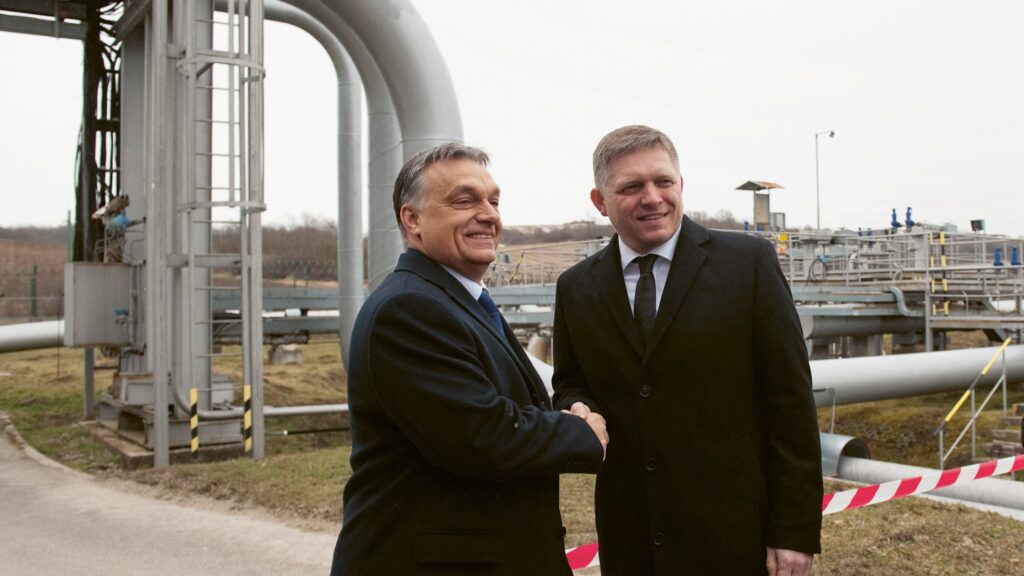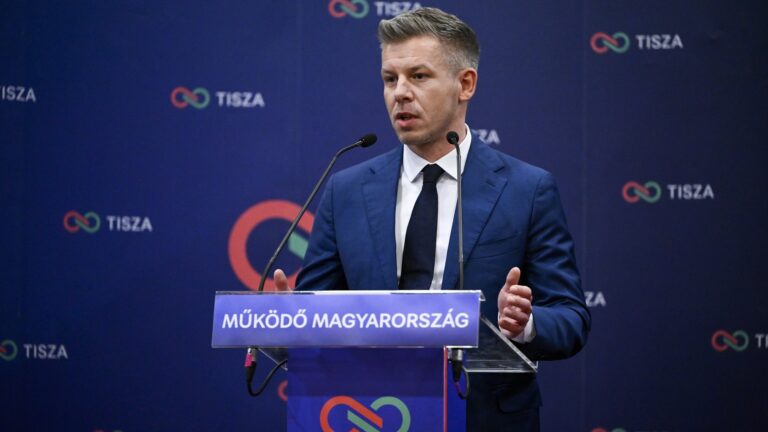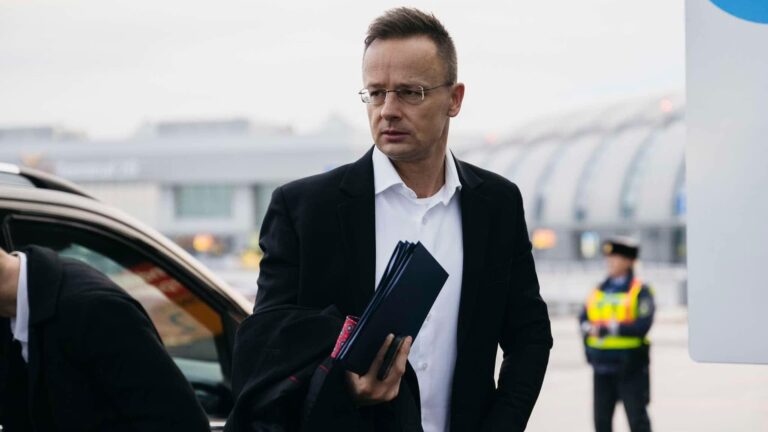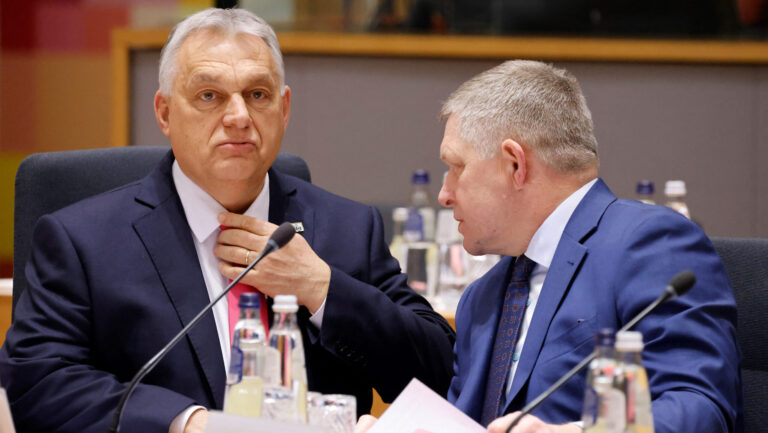Ukraine has been known as a hugely corrupt country since the 1990s. However, the scale of its most recent kickback scandal is astonishing—according to some estimates, roughly 100 million dollars is affected by corruption schemes that likely involve Ukrainian ministers and their close associates.
According to the accusations, up to 10–15 per cent of the state-owned energy firm Energoatom’s contract values were demanded as kickbacks by corrupt officials. Energoatom runs three nuclear power stations in Ukraine that generate more than half of the country’s energy supply. It is also believed that money was siphoned off from funds allocated to strengthen the defences of critical infrastructure. The latter has deeply shaken the Ukrainian public, which is suffering from energy blackouts that could have been prevented if the money had been used—as intended—to reinforce the energy infrastructure’s drone defences.
In relation to the scandal, two Ukrainian ministers have already resigned; among the suspects are former deputy prime minister Oleksiy Chernyshov and former energy minister Herman Halushchenko. A former business partner of President Zelenskyy, Timur Mindich, is also wanted. Mindich managed to escape Ukraine just a day before the first arrests were made in connection with the case, fleeing to a country that does not extradite its citizens to Ukraine. Mindich’s links to Zelenskyy predate the president’s political career—he was co-owner of Kvartal 95, the company that produced the Servant of the People film series that kickstarted Zelenskyy’s career in politics.
The Ukrainian corruption scandal is arguably more than a domestic issue—most likely money from EU funds sent to Kyiv was also skimmed off. Although the scale of corruption in Ukraine was known in the West even before this latest scandal, once the war began EU policymakers largely disregarded the possibility that funds might ‘disappear’ in the war-torn country, and continued sending money without requiring sufficient safeguards or transparency measures.
‘The Ukrainian corruption scandal is arguably more than a domestic issue—most likely money from EU funds sent to Kyiv was also skimmed off’
While earlier in the summer some concerns were raised about the independence of Ukraine’s anti-corruption institutions (NABU and SAPO), Brussels quickly set these aside after President Zelenskyy, responding to Western pressure, abandoned his plans to restructure the agencies. In fact, just a few weeks before the scandal erupted, Brussels was urging Kyiv’s rapid accession to the EU, even greenlighting 2028 as the target year for membership.
Ironically, just a day after the first news were released about the corruption scandal, President of the European Commission Ursula von der Leyen wrote a letter to Member States’ governments demanding further aid for Ukraine. Berlaymont requested EU countries to raise not less than 135 billion euros in the coming months for the country. In her letter, Ursula von der Leyen set out three ways how Member States could pump more cash into the war: 1. supporting Ukraine from their budget 2. borrowing a joint loan 3. confiscating and using the Russian central bank’s frozen assets to provide Ukraine with cash. Brussels also suggested that these three options could be ‘combined’ or ‘sequenced’.
The Commission President ‘writes that Ukraine’s financing gap is significant and asks member states to send more money. It’s astonishing. At a time when it has become clear that a war mafia is siphoning off European taxpayers’ money, instead of demanding real oversight or suspending payments, the Commission President suggests we send even more. This whole matter is a bit like trying to help an alcoholic by sending them another crate of vodka. Hungary has not lost its common sense,’ Prime Minister Viktor Orbán responded to Ursula von der Leyen’s letter on X.
Orbán Viktor on X (formerly Twitter): “I received a letter today from President @vonderleyen. She writes that Ukraine’s financing gap is significant and asks member states to send more money. It’s astonishing. At a time when it has become clear that a war mafia is siphoning off European taxpayers’ money, instead of… / X”
I received a letter today from President @vonderleyen. She writes that Ukraine’s financing gap is significant and asks member states to send more money. It’s astonishing. At a time when it has become clear that a war mafia is siphoning off European taxpayers’ money, instead of…
Echoing the prime minister’s criticism of Brussels’ policy, Minister of Foreign Affairs and Trade Péter Szijjártó called EU ministers’ attitude towards funding Ukraine ‘insane’. According to the minister, some policymakers in the Council went as far as suggesting that the recent corruption scandal in Kyiv was yet another reason to bring the war-torn country into the bloc. ‘Ukraine’s EU membership is the best way to prevent such misuse of public funds,’ the Council members argued. Disagreeing with this proposition, Hungary suggested increasing EU oversight of the funds supplied to Ukraine.
While Hungary called for more oversight and transparency, the European Parliament’s majority actively undermined these attempts. The European Parliament blocked the Patriots for Europe’s proposition to include a debate on Ukrainian corruption in the plenary session’s agenda. Uniting against the right’s proposition, the EPP, and the Socialist and Liberal fractions of the EP vetoed the debate on the (in)transparent use of EU funds in Ukraine.
The fact that US President Donald Trump’s new 28-point peace plan is gaining ground also contributed to the Hungarian government’s scepticism that Brussels’ eagerness to continue financing the war is rational. President Trump’s plan demonstrates the US administration’s dedication to bring peace to the region, while Brussels reformed nothing on its Ukraine policy in the past 3 years despite the changed circumstances both internationally and on the frontlines. According to some sources, the US might aim to end the conflict by Thanksgiving this year, which—if happens—would powerfully demonstrate how mistaken the EU’s Ukraine policy is.
Related articles:

